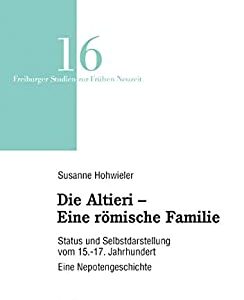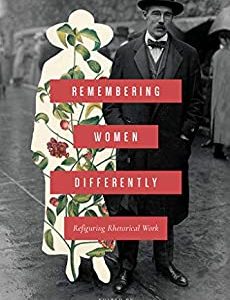In early 1936, a German film team arrived in Japan to participate in a film coproduction, intended to show the 'real' Japan to the world and to launch Japanese films into international markets. The two directors, one Japanese and the other German, clashed over the authenticity of the represented Japan and eventually directed two versions, The Samurai's Daughter and New Earth, based on a common script. The resulting films hold a firm place in film history as an exercise in – or reaction against – politically motivated propaganda, respectively.
A Foreigner's Cinematic Dream of Japan contests the resulting oversimplification into nationalised and politicised dichotomies. Drawing on a wide range of Japanese and German original sources, as well as a comparative analysis of the 'German-Japanese version' and the elusive 'Japanese-English version', Iris Haukamp reveals the complexities of this international co-production. This exclusive research sheds light not only on the films themselves, but also on the timeframe of its production, with both countries at the brink of war.











